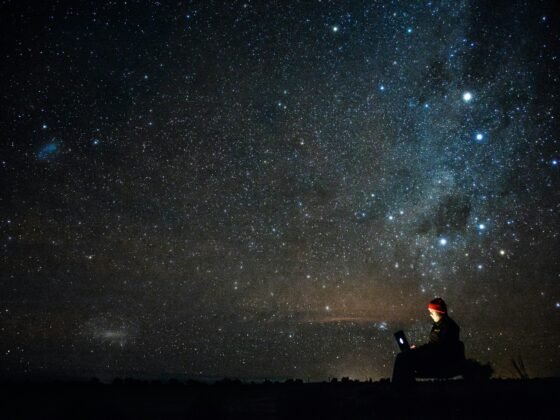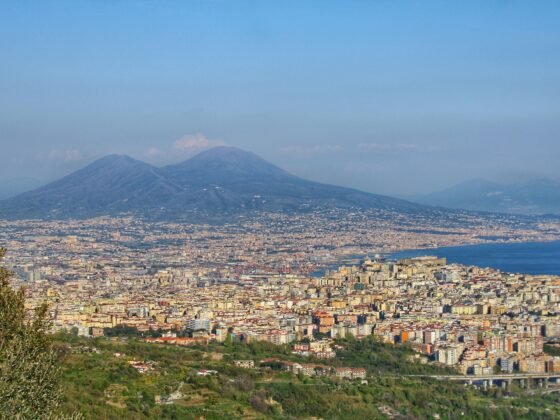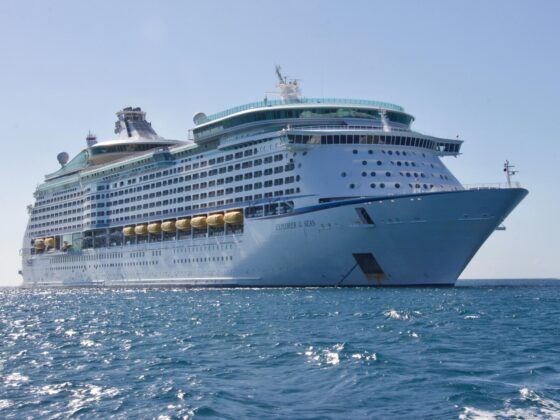The deepest lake in the world is the Siberian giant of Lake Baikal, which reaches a depth of 5,387 feet (1,642 meters) and also contains a fifth of the freshwater on earth! It’s also the oldest lake and dates back some 25 million years.
Located in the Russian region of Siberia, the major city of Irkutsk lies to the southern end of Lake Baikal, which stretches for a mighty 395 miles (636 km) through the heart of the countryside. The rift lake, whose name means ‘nature lake’ is, rather appropriately, a biodiversity hotspot, earning it the moniker of the ‘Galapagos of Russia’! Home to an impressive array of freshwater fauns including more than 1,500 species of animals and 1,000 different plant species, it’s estimated that around 80% of life here is endemic. Creatures include the Baikal Seal, Baikal sturgeon, Baikal omul (whitefish) and the Baikal oil fish, all of which are only found in this lake.
Designated a UNESCO World Heritage Site in 1996, Lake Baikal is of huge importance to scientists exploring its evolutionary heritage. And alongside its impressive credentials, Lake Baikal boasts an astonishing 20% of the world’s non-frozen fresh water.
Travellers taking the intriguing Trans-Siberian railway journey will be familiar with this great lake, as it skirts the southwest end of the lake. Completed in 1902 the incredibly atmospheric and scenic railway needed 200 bridges and a total of 33 tunnels to navigate Lake Baikal. Prior to its completion, travellers had to take a train ferry across the lake. Locals would also navigate the vast expanses of ice and walk and even snowmobile across the lake when the legendary Siberian winters would freeze the waters over; that was until the threat of frostbite and hypothermia was realised.
Siberia is officially the coldest inhabited place on earth, which dipped to a staggeringly cold minus 71 degrees C in 1962! Even on a ‘good’ day locals regularly face winter temperatures of minus 45 degrees C.
Image credit; 1; W0zny CC BY-SA 3.0











